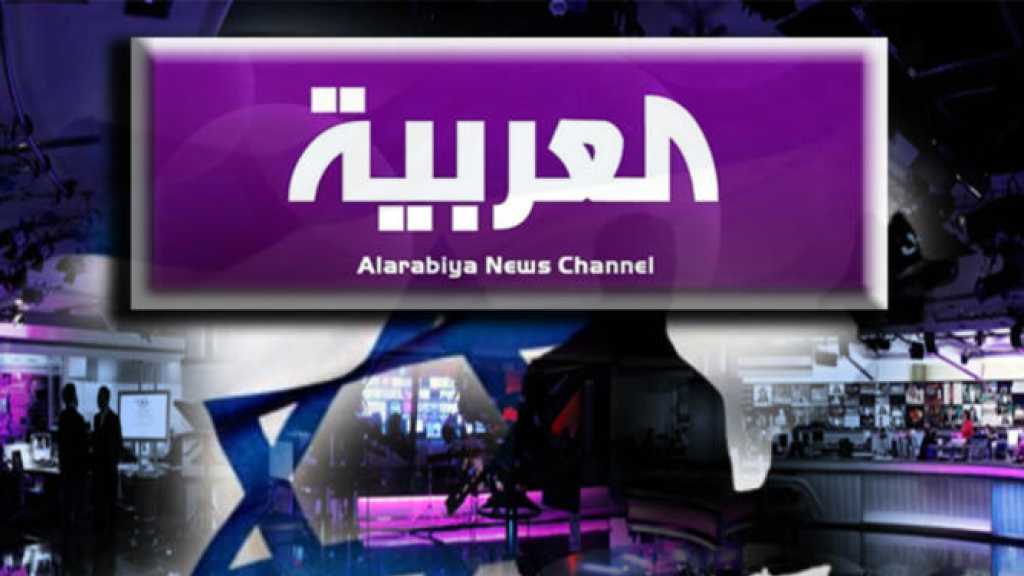
Eisenkot’s Legacy in Confronting Lebanon: Restraint & the Growing Capabilities of the Resistance

Jihad Haidar
The retirement of every chief of staff of the “Israeli” army, with some exceptions such as the resignation of Dan Halutz following the 2006 defeat in Lebanon, is normally accompanied by propaganda and theatrical displays.
Putting that aside, we find that Gadi Eisenkot’s retirement from his post, his exit from military service and the succession of Aviv Kochavi coincide with major strategic and practical developments surrounding the Zionist entity.
At the level of the theatrical display, Eisenkot was keen to appear in the media, trying to showcase what he called achievements against the axis of resistance. To this end, he conducted a series of interviews that grabbed headlines and newspaper articles in a celebratory manner. What made the “Israelis” really happy during Eisenkot’s term was that he did not involve them in any war with regional foes – especially since the public is aware that the internal front will be one of its main arenas in any broad confrontation.
In the past four years, however, it has been become apparent that “Israel” – during Eisenkot’s term – has adopted a "brinkmanship" policy in the hope that it will extract concessions from Hezbollah and restraint it in case Tel Aviv opted to launch an aggression. It is well known that one of the conditions for a successful "brinkmanship" policy is that one side succeeds in persuading the other that it is prepared to go to the limit. But Hezbollah faced this policy with a firm stance forcing “Israel” to retreat and back down. Although “Israel” had many reasons for the operational initiative, the political and security decision makers backed down due to their concerns over the price of any military confrontation. In light of this, “Israel’s” messages of intimidation turned into additional victories for Hezbollah enhancing the resistance’s deterrence force. As such, the enemy became more exposed.
In this regard, the enemy tries to mislead when praising calm with Lebanon, especially since it did not want this calm, which formed an umbrella for the resistance to continue to accumulate and develop its military and missile capabilities. At the very least, Tel Aviv was seeking a similar version of what was happening in Syria. It terms of ambition, “Israel” aims to exploit Hezbollah's preoccupation with countering Takfiri terrorism, to attack it, destroy its strategic capabilities or restrict it. Thereby giving “Israel” a wide margin in attacks at the local and regional levels.
On the other hand, calm was a demand for the resistance for several reasons. First, the resistance does not adopt an open war strategy with the “Israeli” entity. It has its other strategy in the struggle with the enemy in Palestine. Second, it provides it with the opportunity to continue to build and develop its defensive, deterrent and offensive capabilities. And this is what happened. And third, it is a demand of the Lebanese people as it is a gateway to building and resolving crises.
A quick glance back reveals that these demands and objectives have been achieved to a very large extent, distinguishing Lebanon from all of its Arab neighbors. The negatives that it is currently grappling with are the result of the performance of the ruling political class at the economic, political and social levels.
It is clear that if the chief of staff of the “Israeli” army had to speak objectively, in response to the army's command, Syria has won, and the threat of rebuilding the Syrian army is again on the horizon. Hezbollah along with Syria triumphed and removed an existential danger threatening it and the people of the region. The axis of resistance triumphed in the battle regionally. All “Israeli efforts to drain Hezbollah and divide Syria have failed. The resistance succeeded in developing its military and missile capabilities. In light of this, Hezbollah’s Secretary General His Eminence Sayyed Hassan Nasrallah announced that the group succeeded in acquiring precision rockets. “Israel” recognizes the effects of the rockets as dangerous to regional equations and its strategic depth. However, the effects of possessing precision missiles are more significant than the effects of the tens of thousands of rockets themselves.
Source: Al-Ahed News



